Introduction to Social Development in Dogs
Social development is a cornerstone in the journey of transforming puppies into well-adjusted adult dogs. Much like humans, dogs require early and consistent exposure to a variety of experiences, environments, and individuals to form the foundation of their social skills. When puppies are deprived of these formative interactions, they may grow into adults who struggle with anxiety, aggression, or fear in unfamiliar situations. Therefore, understanding the nuances of canine social development is essential for any dog owner seeking to nurture a friendly, confident, and well-behaved companion.
At the heart of social development lies the critical period—typically between three and fourteen weeks of age—when dogs are especially receptive to new stimuli. During this window, positive interactions with people, other dogs, and diverse environments can shape a puppy’s perception of the world, fostering resilience and adaptability. However, socialization doesn’t end with puppyhood; ongoing exposure to structured social scenarios remains vital throughout a dog’s life. Without such experiences, even previously social dogs can develop problematic behaviors or regress into timidity.
Recognizing the importance of this developmental stage, many pet owners turn to professional daycare environments. These facilities offer expertly supervised settings where dogs can safely engage in play, learn boundaries, and practice appropriate social cues. By understanding the fundamentals of social development, owners can make informed decisions that set their dogs on the path to becoming sociable and well-mannered members of the community.
Understanding the Importance of Professional Supervision
When it comes to nurturing well-behaved dogs, the significance of professional supervision in a daycare environment cannot be overstated. Professional dog daycare facilities bring together experienced handlers who are attuned not only to canine body language but also to the nuances of group dynamics. Their expertise ensures that every interaction is constructive, fostering a safe space where dogs can learn to communicate, share, and resolve conflicts appropriately.
Unlike casual playdates or unstructured environments, daycare professionals employ proven strategies to guide and redirect behavior. They recognize early signs of stress or overexcitement, stepping in before minor disagreements escalate. This proactive approach helps prevent negative experiences that could lead to long-term behavioral issues. By establishing clear boundaries and consistent routines, these supervisors create an atmosphere that encourages cooperation and respect among dogs of all temperaments.
Benefits of Professional Oversight
- Safety: Trained staff can swiftly intervene if play becomes too rough, ensuring every dog remains secure and comfortable.
- Positive Reinforcement: Professionals use reward-based methods to reinforce desirable behaviors, accelerating social skill development.
- Balanced Socialization: Dogs are grouped thoughtfully, allowing for age, size, and personality compatibility, which nurtures confidence and reduces anxiety.
Ultimately, professional supervision in daycare settings lays the groundwork for lasting good behavior, setting the stage for the next steps in a dog’s social development journey.
Structured Group Play and Its Impact on Canine Behavior
Structured group play lies at the heart of professional daycare services, serving as a vital tool in shaping a dog’s social skills and overall behavior. Unlike haphazard gatherings at dog parks or casual encounters on neighborhood walks, daycare environments are meticulously supervised by trained professionals who understand canine body language and group dynamics. This structured approach ensures that every interaction is positive, controlled, and tailored to the individual needs of each dog.
Within these carefully orchestrated playgroups, dogs are introduced to peers of similar temperament and energy levels. This thoughtful grouping reduces the likelihood of conflict and fosters a sense of safety, allowing dogs to relax and enjoy their social time. Through guided play, dogs learn essential life skills such as sharing, waiting their turn, and responding appropriately to social cues. Professional supervision means that undesirable behaviors—like excessive barking, rough play, or possessiveness—are immediately addressed and redirected in a constructive manner.
Benefits of Structured Group Play
- Improved Socialization: Regular exposure to various dogs teaches adaptability, making pets more comfortable in different social situations.
- Reinforcement of Good Manners: Positive interactions and immediate feedback help solidify desired behaviors.
- Mental and Physical Stimulation: Engaging activities prevent boredom, reducing the risk of destructive habits at home.
Ultimately, structured group play in daycare settings lays the foundation for well-behaved, confident dogs. As dogs develop these crucial skills, they become more enjoyable companions both at home and in the wider community, seamlessly preparing them for the next stages of social learning.
Learning Boundaries and Building Confidence in Daycare Settings
The foundation of a well-mannered dog is rooted in understanding boundaries and developing self-assurance—both of which are fostered within the professional environment of a reputable daycare. When dogs enter a structured daycare setting, they are introduced to a carefully monitored social landscape where rules and expectations are consistently upheld by trained staff. This predictability allows each dog to learn appropriate behaviors through positive reinforcement and gentle correction, creating a safe space for growth.
In daycare, boundaries are established through clear routines, supervised group play, and guided interactions. Dogs quickly discover which behaviors are acceptable, such as polite greetings and respectful play, versus those that are discouraged, like excessive barking or roughhousing. Professional caregivers intervene appropriately, redirecting undesirable actions and celebrating positive choices, which helps dogs internalize social cues and self-regulate their excitement or impulses.
Building Confidence Through Socialization
Confidence blossoms as dogs are exposed to new experiences and diverse canine personalities in daycare. The variety of playmates and activities encourages hesitant or shy dogs to step out of their comfort zones, gradually replacing uncertainty with enthusiasm. With each successful interaction, dogs gain trust in themselves and their handlers, making them better equipped to handle novel situations outside the daycare environment.
- Consistent routines provide security and reduce anxiety.
- Supervised play ensures all interactions remain positive and educational.
- Exposure to different dogs and environments broadens social skills.
Ultimately, the daycare setting acts as a nurturing ground where dogs not only learn essential boundaries but also develop the confidence needed to become well-adjusted, sociable companions.
Preventing Behavioral Issues Through Guided Interactions
Proper socialization is foundational to raising a well-behaved dog, and professional daycare environments offer the ideal setting for this critical stage of development. In these structured spaces, dogs are immersed in carefully supervised interactions, which teach them how to communicate, play, and resolve conflicts appropriately. Unlike unstructured play at a dog park or spontaneous meetings on walks, daycare staff are trained to recognize early signs of stress, aggression, or overstimulation, intervening before minor issues escalate into problematic behaviors.
Through guided interactions, dogs learn essential social cues and boundaries. Experienced professionals facilitate introductions, ensuring that each dog’s temperament and play style are compatible with their peers. This thoughtful approach prevents negative experiences, such as bullying or fear-based aggression, that could otherwise lead to long-term behavioral challenges. In addition, structured group activities foster cooperation, patience, and impulse control—skills that benefit dogs beyond the daycare environment and into everyday life at home and in public spaces.
Benefits of Professional Supervision
- Early Intervention: Staff quickly address undesirable behaviors, like excessive barking or possessiveness, redirecting dogs toward positive alternatives.
- Consistent Boundaries: Dogs thrive on routine and clear expectations, which are consistently enforced in professional daycare settings.
- Safe Socialization: Controlled group sizes and carefully matched playmates reduce the risk of negative encounters, supporting healthy behavioral development.
By entrusting your dog’s social education to professionals, you lay the groundwork for a lifelong pattern of positive interactions, minimizing the risk of behavioral issues and promoting a well-adjusted, confident companion.
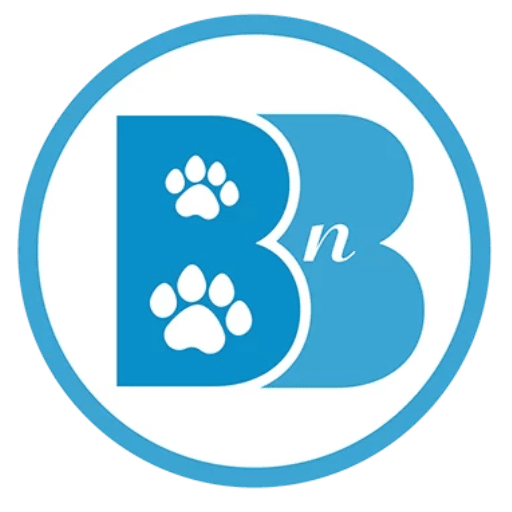
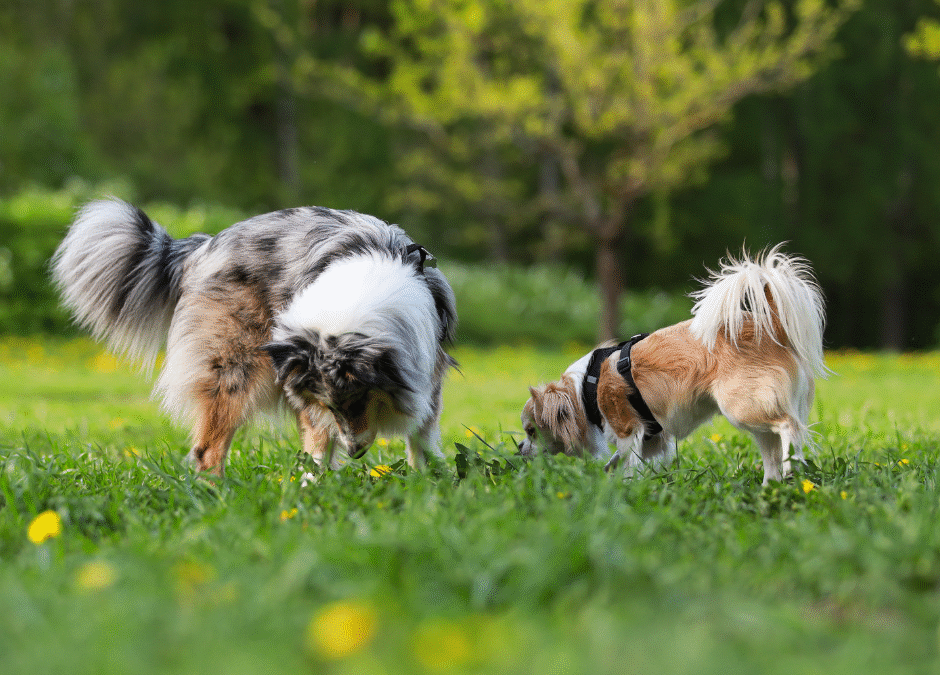
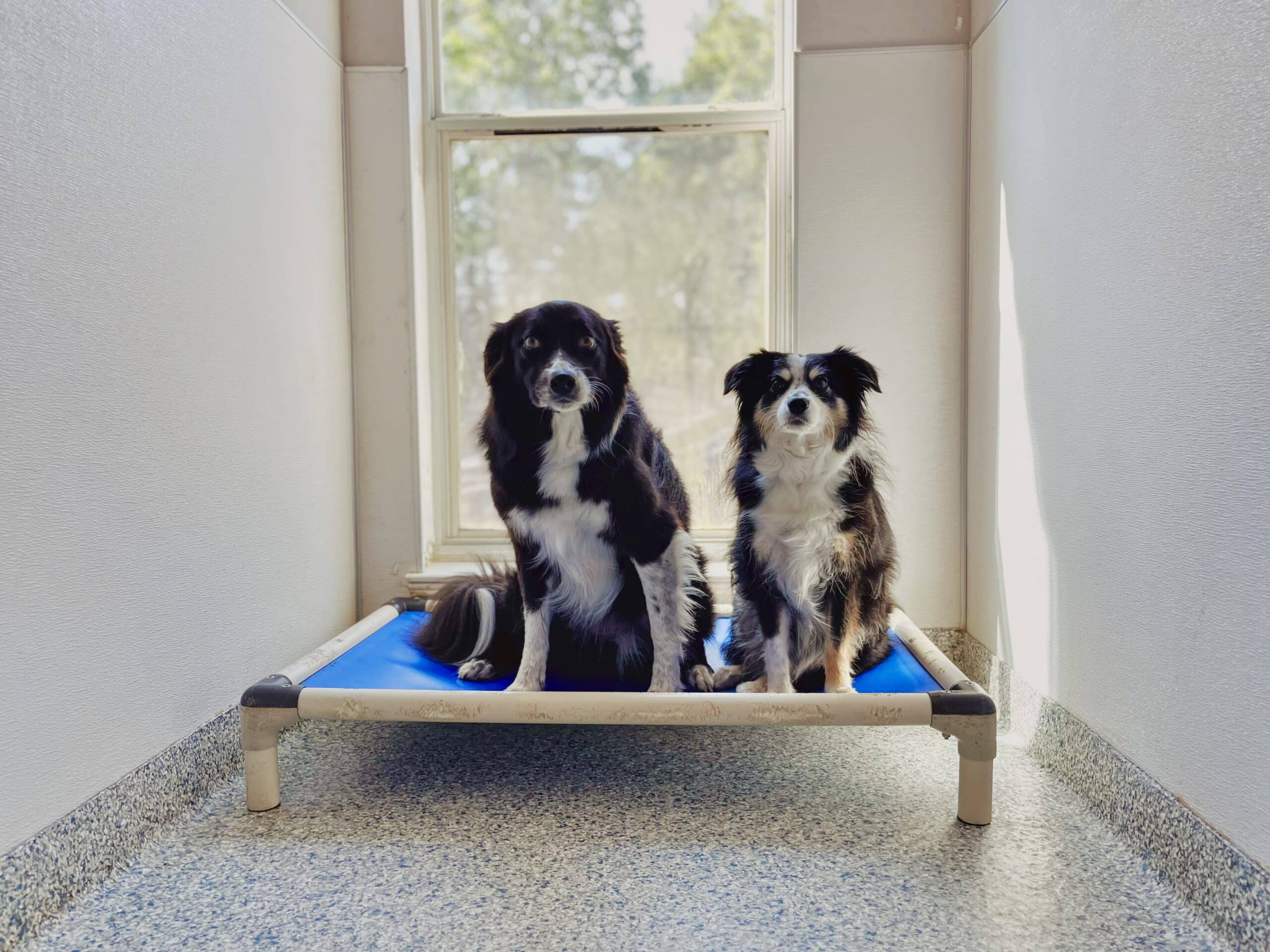
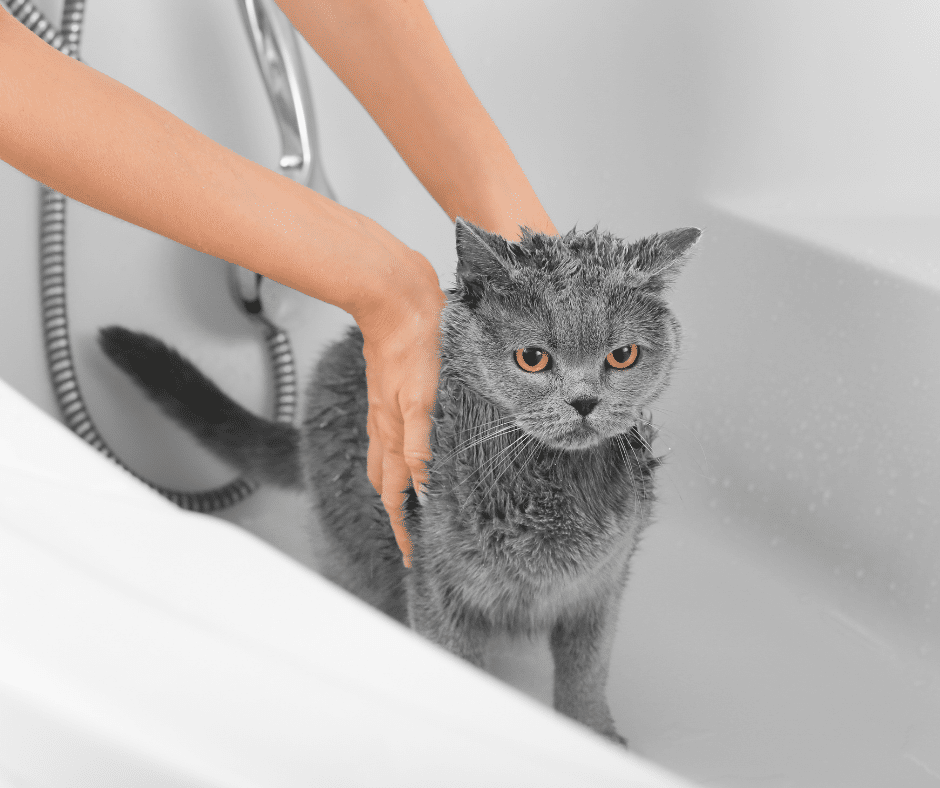
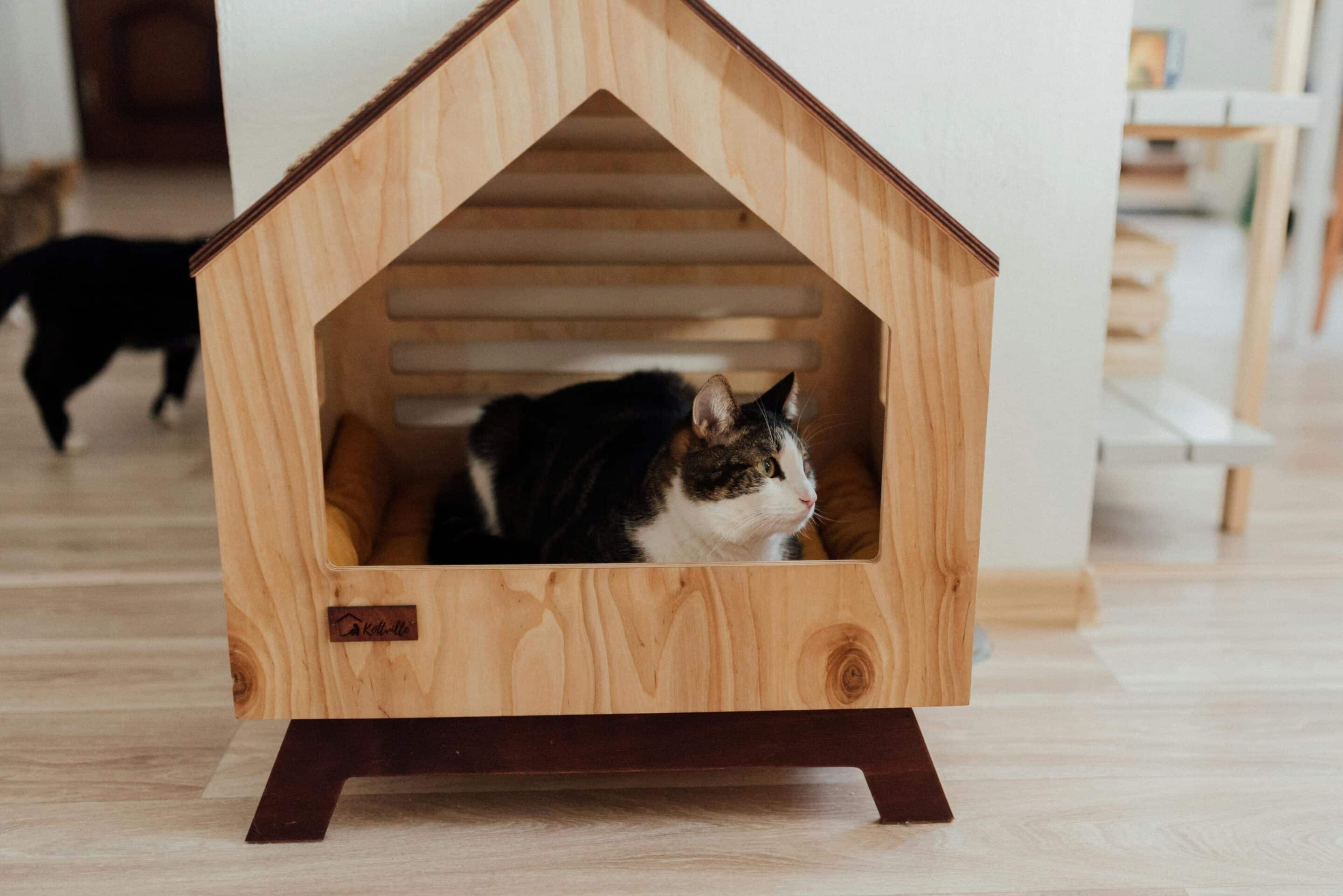


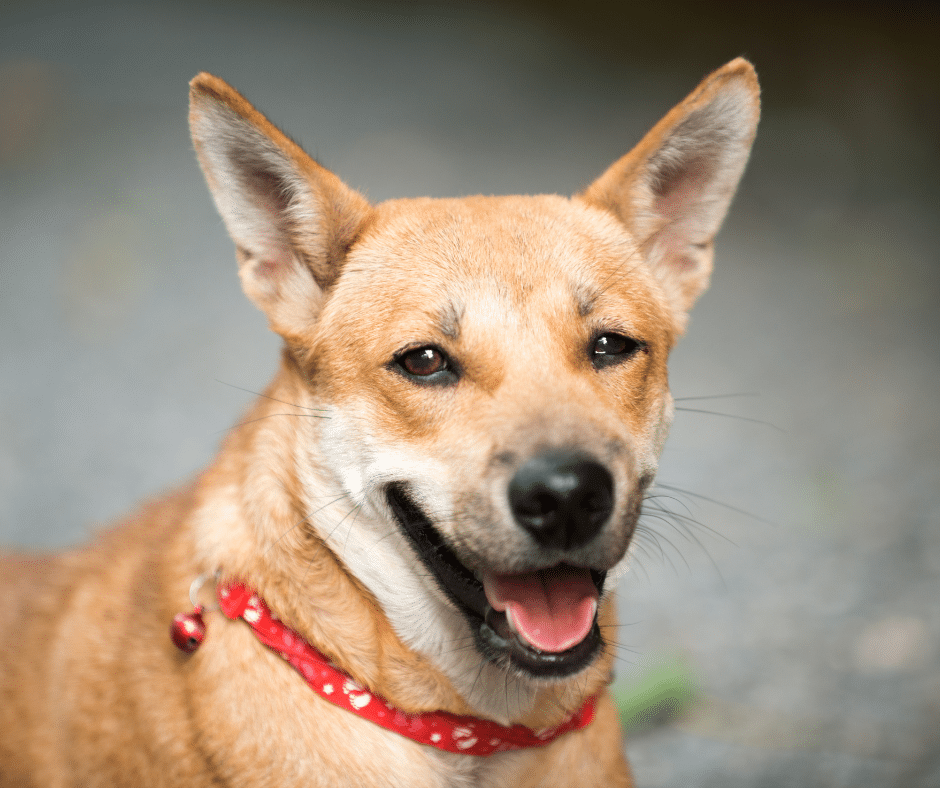
Recent Comments